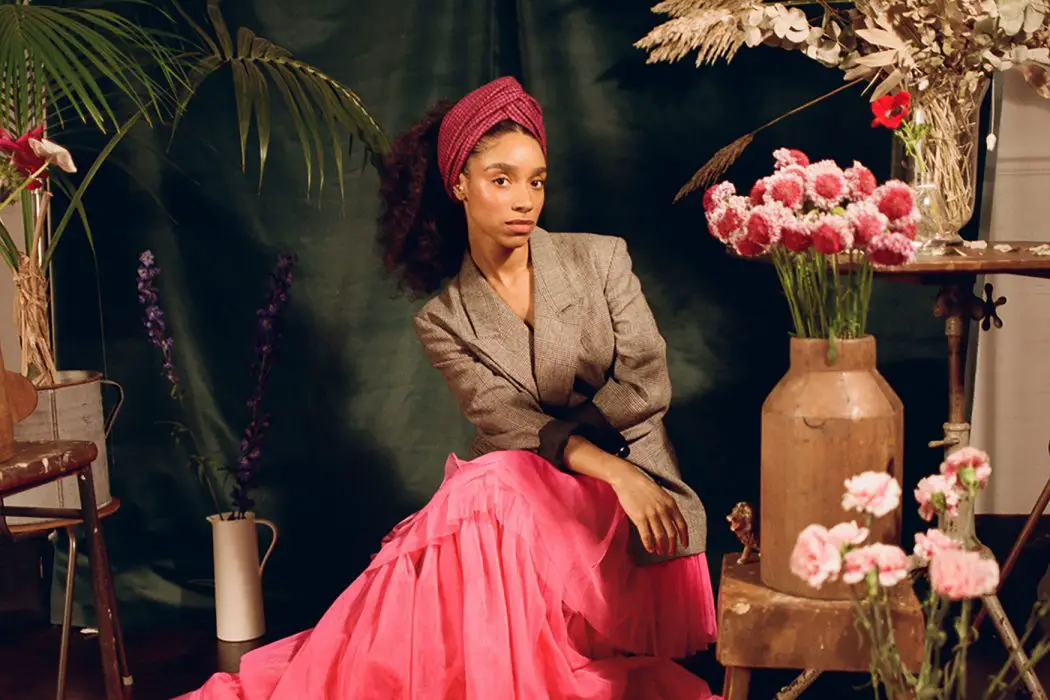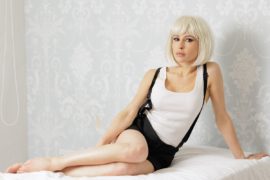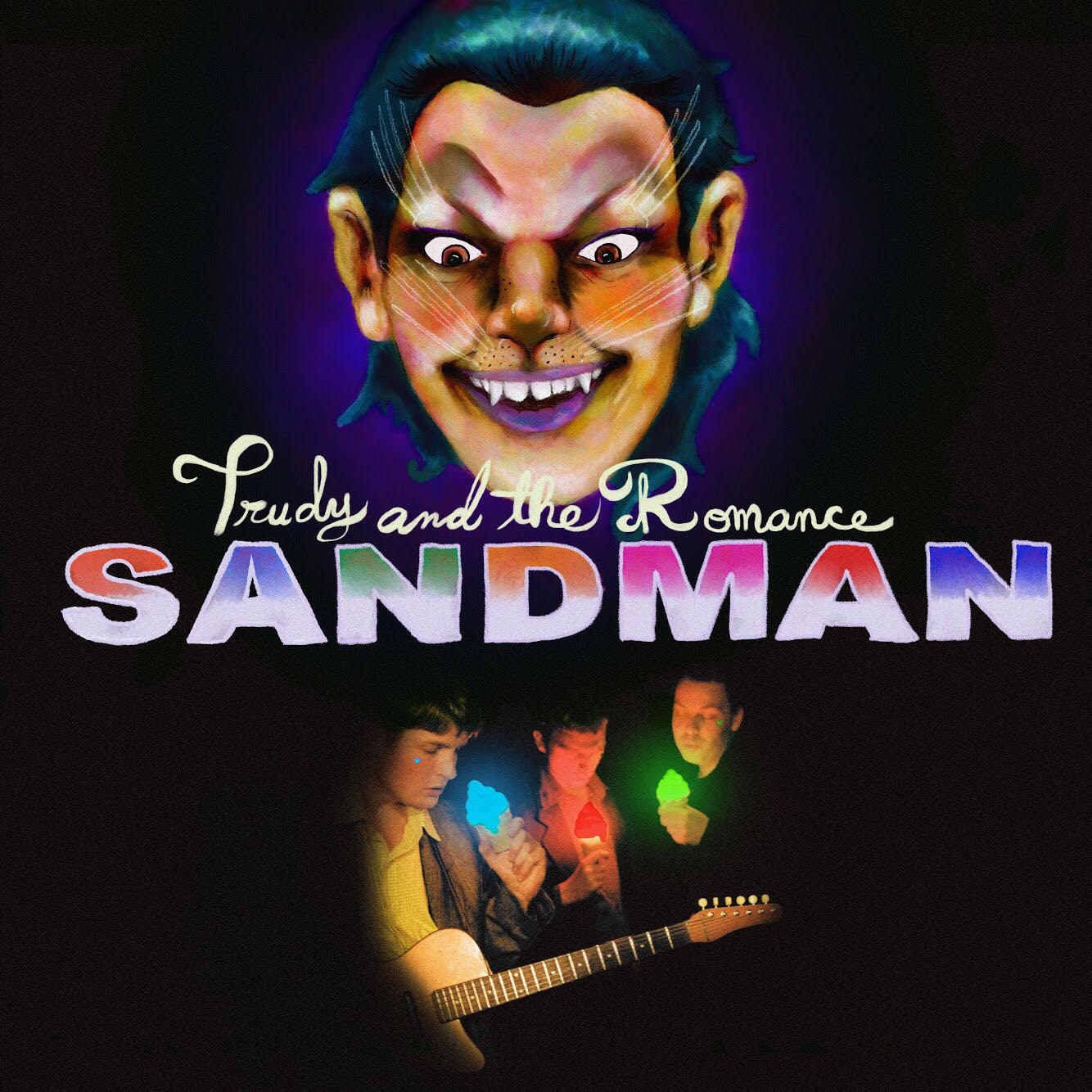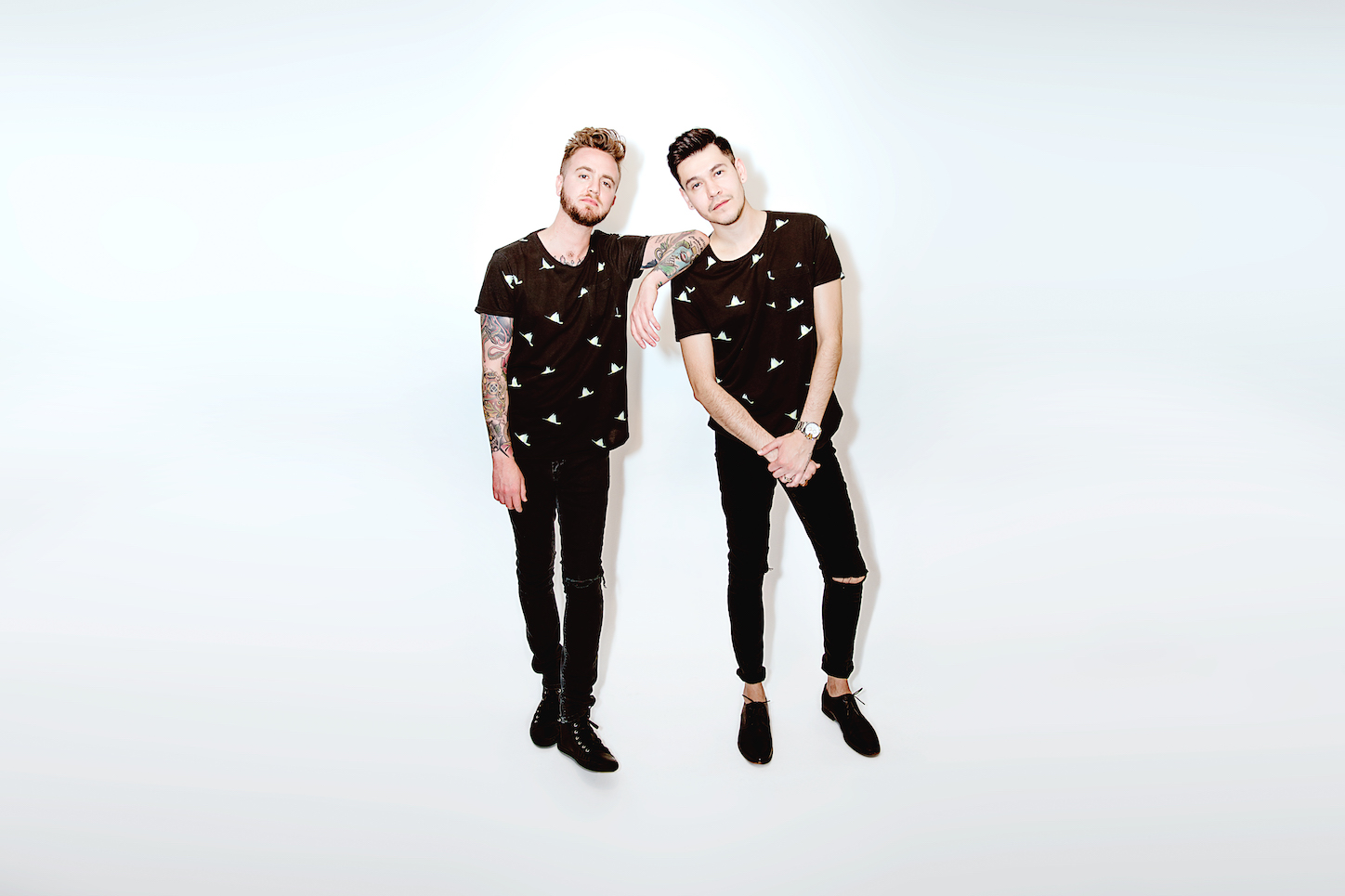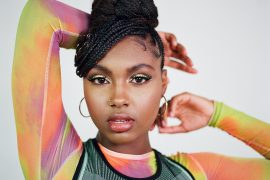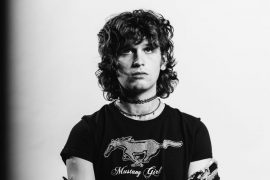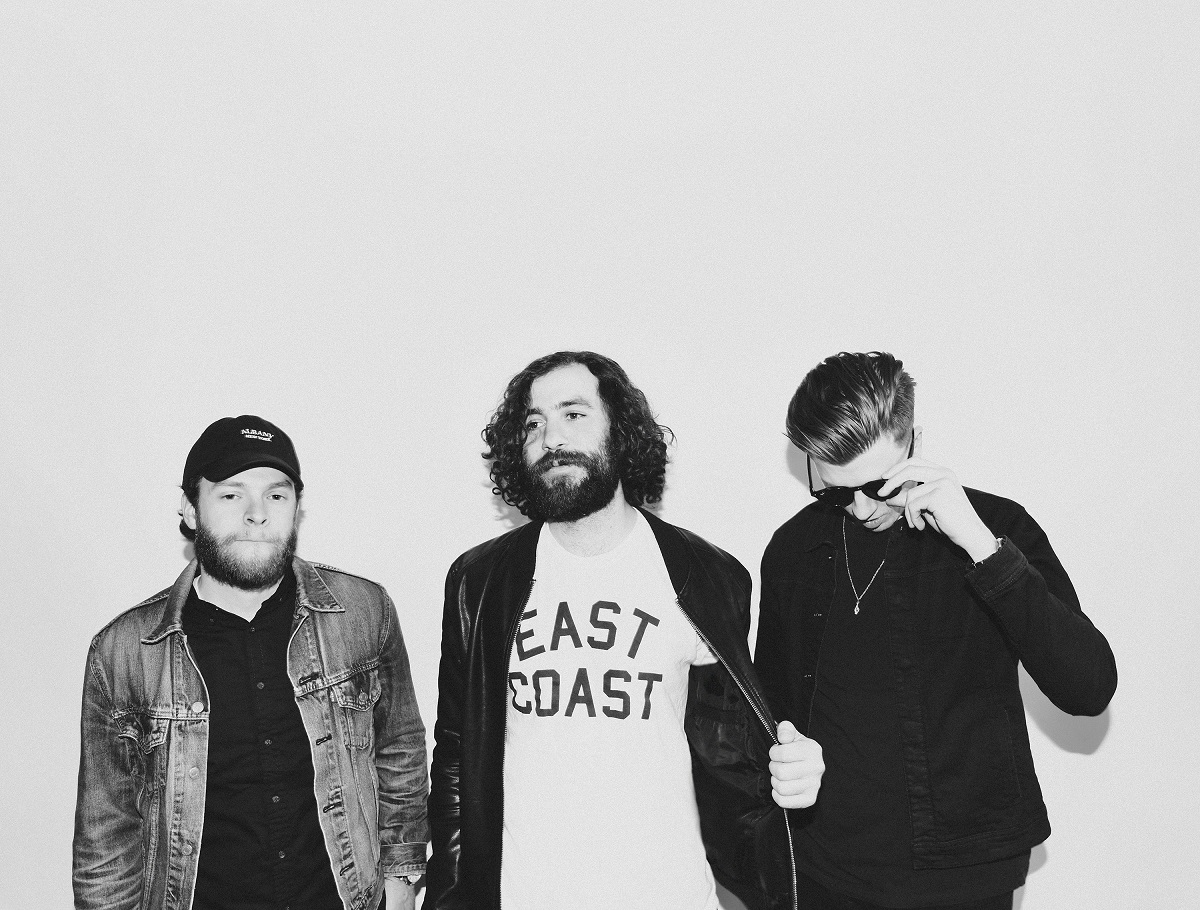Lianne La Havas’ self-titled album is a record where each facet – its intimacy, its joy, its challenges – can be heard, and Atwood Magazine spoke to the artist for a deeper understanding of the new album.
— —
Lianne La Havas has the kind of voice that is bone-shaking. It is as varied in texture and depth as an entire sea, as delicate as a thread of gossamer, as powerful as a gale. It drives emotion deep into your core. And, somehow, this isn’t even the most impressive thing about her. It’s been five years since her last album, Blood, and she has returned in a year of turmoil with her most graceful and sublime work to date.
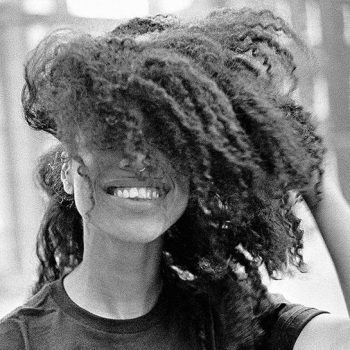
The self-titled record is the kind where you can almost hear the studio at work – its intimacy, its joy, its challenges – and it’s because this is the first album that she’s produced on her own and with her own band.
“It showed me the kind of producer that I want to be, or that I could be in the future if I keep doing it this way. I like using only the things that are available on the day to make the thing what it is, instead of having too many elements. You can kind of lose the point of it, lose sight of the whole essence of the thing. It was nice to have real musicians because you don’t have too many options. I like using the limitations that are there.”
She continued, “It was a chance for me to really express myself in a way that I don’t think I have before on other albums, even though I’m proud of them for different reasons. I learned a lot from making those and I learned a lot about what I actually love doing and what I don’t love doing.”
“For this project, I think it was important to have it be more of a real-life project. I was inspired by things from the ’70s,” she says; this spirit comes through strongly in the production. Whereas the Lianne on Is Your Love Big Enough? is a meticulously crafted indie chanteuse, and the Lianne on Blood is bombastic and candy-sweet, the Lianne on this album feels like a comfortable, well-worn sweater.
Stream: ‘Lianne La Havas’ – Lianne La Havas
The album is awash in blues and grays, the textures warm and scratchy – or in her words, “a bit dark, maybe, a bit more murky, which is another side of my personality. I wanted it to reflect in the sound of the songs. What I do a lot with making songs is just using them to figure out a tough situation or to express myself if I’m feeling really good, then it sort of makes me feel even better,” she says.
“The music leads the lyrics a lot of the time. I do tend to listen to how the music is making me feel before I write words over it.” She says, “Visual art of any kind weirdly influences me. I find it so fascinating to watch films and want to write songs based on them.”
The songs employ a hazy visual, something soft around the edges. The result is an insular but expansive sound, one that La Havas sounds comfortable in. She also made the grainy and dreamlike video for “Paper Thin” by herself during quarantine, allowing her to explore that visual side – “My favorite part of lockdown was making that video.”
It’s been almost a decade since her debut and Lianne La Havas seems to pull from a different musical well than in the past – “[That] wasn’t conscious, but I think it was also inevitable. For me, it was about making sure that I loved all the songs. It can be difficult because one day you can like something and then the next day you hate the exact same thing. I was glad that I had all the time to figure out what I actually liked and the songs that survived over the years because it took so long to write the thing. I like to think that I’m a bit quicker to say if I don’t like something instead of dealing with it for ages when you don’t like it.”
Listen: “Paper Thin” – Lianne La Havas
In the past, La Havas has spoken on the restrictiveness of genre labels, how being referred to as a “soul artist” bothers her. “I think it’s up to you to tell people what you are. I never wanted to be anything specific, I just wanted to do what I was doing. But a lot of people who like soul have been drawn to [my music], which is great because I really like soul. But I do find that it’s a label that’s often given to more represent the color of your skin than the actual sound of your music. Funnily enough, though, I’m quite happy to call this album soul. I think it really is coming from my true honest voice, and that’s all that I think soul really is.”
Lianne La Havas is an album of heartbreak, about laying yourself bare to someone, about the process of relocating yourself in the aftermath. “Paper Thin” is a sparse and quiet plea to someone on the other end of the line.
Oh, give me the other key
Oh, your heart’s wide open
There must be another key
Left your heart wide open
…
Let me love you
“Please Don’t Make Me Cry” is a different sort of plea while “Can’t Fight” plays the anxious loop of someone who knows they can’t exit a bad cycle. The murky, half-time cover of Radiohead’s “Weird Fishes” fits the atmosphere as well.
Yeah, everybody leaves
If they get the chance
And this is my chance
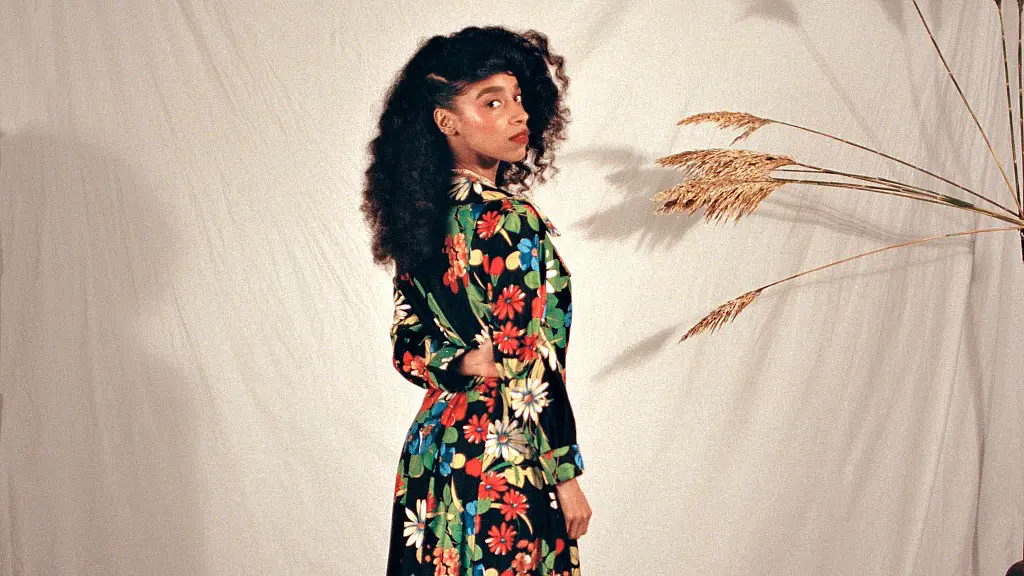
Of the cover, she says, “I don’t know if I really understood it before – when I was doing it [live] seven years ago. But for some reason, the lyrics seemed to really resonate with how I was feeling at the time [of recording] and it seemed to fit perfectly right there in the middle of the album.” Many of the songs have the lush warmth of vintage soul; the pained cries and the hushed voice cracks. La Havas’ signature guitar tone guides the way with its melancholy pull.
The record comes full circle for her. “I love the final song, ‘Sour Flower.’ I love that one because that’s the mood I’m in today. I feel like, ‘Yes, I’m independent, I’m walking on my own two feet.’ I can be determined and focused when I want to be. It helps me to remember that.”
The self-title serves a similar function: “Really immediately after my second album, I just knew I wanted to do [the next one] all on my own terms. This album is my album. It did end up completely that way and talks about all my own feelings and my takes. It’s my thing and I wanted to stand by it completely. Honestly, I would love it if people can relate to what I went through, and if it helps them to get through something that they’re going through. That would mean the world to me, because I tried to make basically my version of something that helped me, like ‘destiny fulfilled’ [laughs]. I wanted to talk about how I was feeling and if anyone can relate to those feelings, then I’m all ears.”
Lianne La Havas’ self-titled album is a gorgeous and special record, the sound of an artist coming into her own on her strongest work yet.
— —
:: stream/purchase Lianne La Havas here ::
— — — —

Connect to Lianne La Havas on
Facebook, Twitter, Instagram
Discover new music on Atwood Magazine
? © Hollie Fernando
:: Stream Lianne La Havas ::

